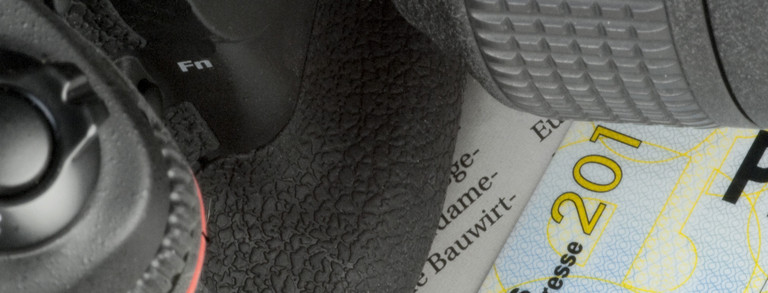TU Dortmund University Involved in Cluster of Excellence on Religion and Politics
- Research
- Top News
- Press Releases

What is the relationship between religion and politics? Under what conditions can religions become a driver for social change? These are the questions being explored by 140 researchers from ten countries within Cluster of Excellence 2060 “Religion and Politics. Dynamics of Tradition and Innovation”. Matthias Kortmann, junior professor at Dortmund University, has been responsible for one of the cluster’s subprojects since September. Together with doctoral researcher Maximilian Selent, he is comparing the socio-political role of faith-based welfare institutions against the background of immigration processes. In this context, they are examining Germany, Austria, France, the United Kingdom and Denmark. These countries each have a different institutional framework, for example concerning the relationship between state and religion.
Demands on welfare institutions
“Christian welfare institutions, such as Caritas or the Diakonie, play an important role in Germany. They run preschools and care homes and in so doing deliver social services,” says Kortmann. In countries such as France, where the state and the church are strictly separate, Christian welfare institutions work together with the state on a much lesser scale. In his project, Kortmann is above all exploring the question of whether and how the demands placed on welfare institutions change in countries where there is a rise in non-Christian religious communities, such as Islamic ones. This includes the aspect of help for refugees: Among others, Kortmann will study the role played by churches in different countries over the last years in providing initial care for refugees.
What particularly appeals to him about collaboration within the cluster is its interdisciplinarity, since he is himself working at the interface between political science, sociology, and religious studies. The German Research Foundation has allocated € 150,000 to the subproject for a period of three years. The cluster of excellence is hosted by the University of Münster.
Contact for further information:




![[Translate to English:] Partner Four hands are holding the green logo of TU Dortmund University](/storages/tu_website/_processed_/1/d/csm_Partner_Nicole_Rechmann_KW_670eba0154.jpg)




![[Translate to English:] Forschung An apparatus with tubes in a laboratory](/storages/tu_website/_processed_/0/c/csm_Forschung_Juergen_Huhn_4fa3153b51.jpg)
![[Translate to English:] Studium Five students are sitting in a lecture hall. They are talking to each other.](/storages/tu_website/_processed_/c/9/csm_Studium_FelixSchmale_dbdbfb0dd7.jpg)





